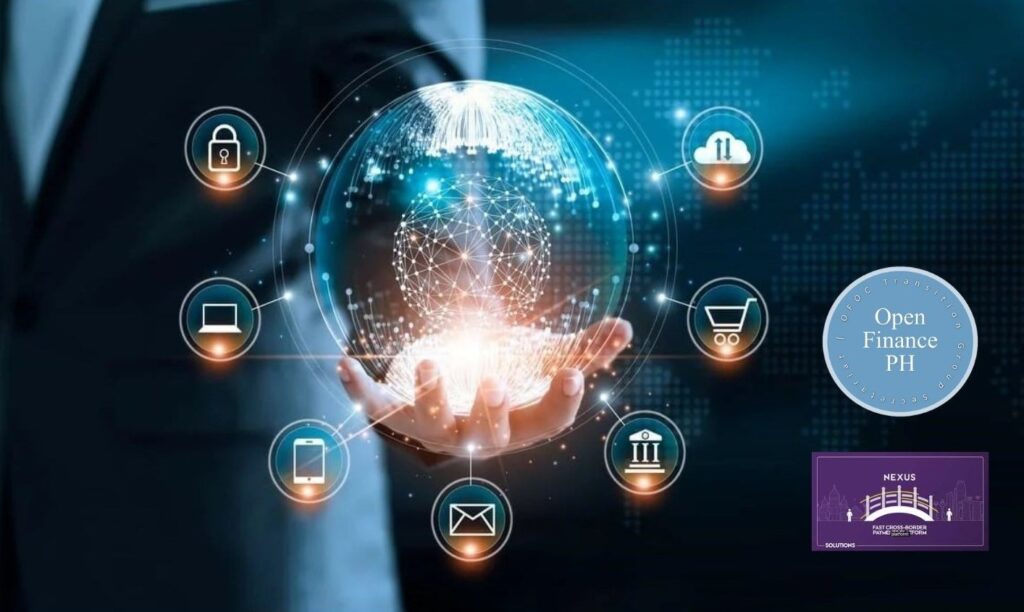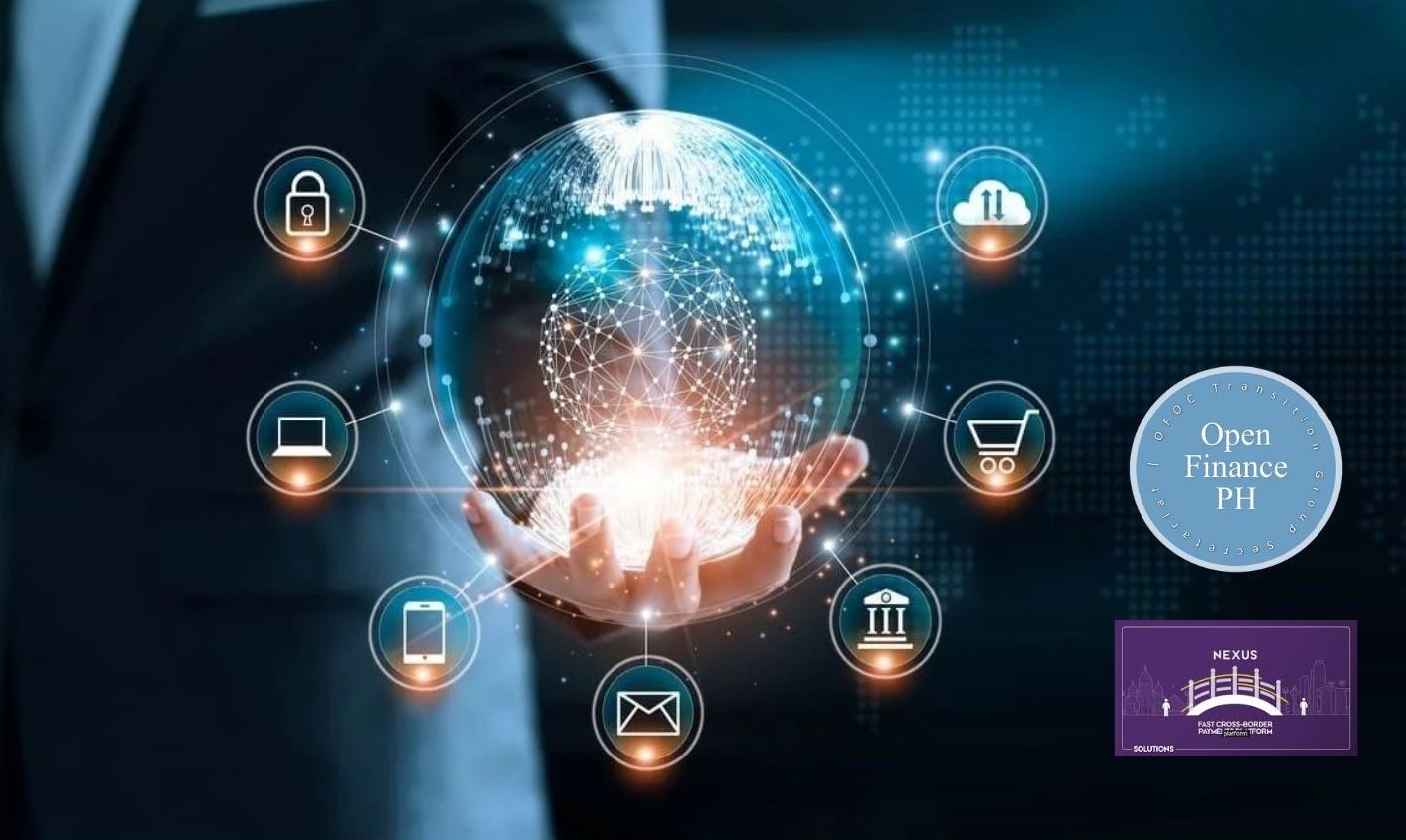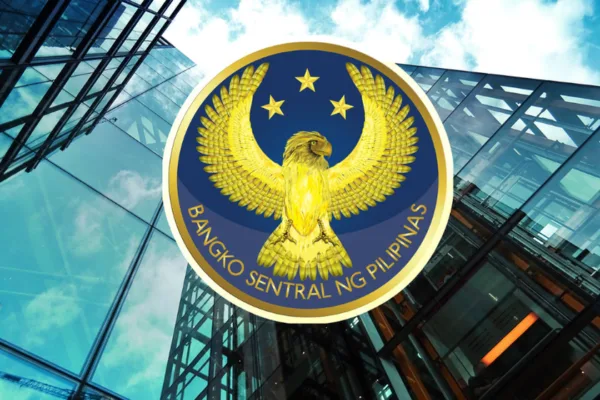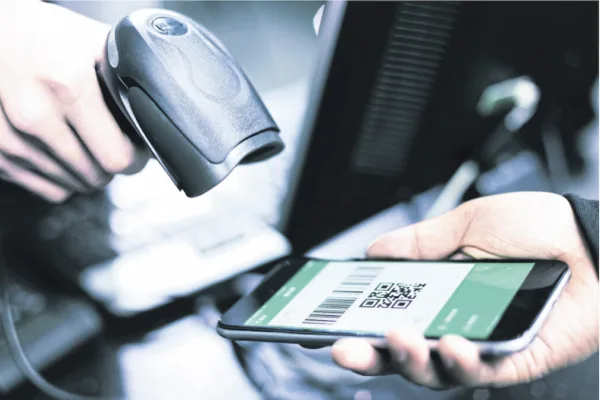by the IDfy Team
In 2023, the Philippines Open Finance Pilot was initiated and was considered a significant development for the Fintech sector in the Philippines. This groundbreaking project, spanning an 18-month trial period, aimed to explore advanced functionalities such as account consolidation and credit analysis.
The initiative also brought together financial institutions and third-party providers, leveraging Application Programming Interface (API) technologies to establish an ‘open’ ecosystem. By fostering innovation and collaboration, the program sought to enhance the delivery of financial products and services, ensuring they are finely tailored to meet the diverse needs of end-users.

The insights gained from this collaborative endeavour will be instrumental in shaping a bespoke open finance framework tailored for the Philippines, which are aimed at fortifying the development of technical and operational standards within the open finance sphere.
Recognizing the significance of the Open Finance pilot, the BSP acknowledges it as a crucial step towards fostering a responsive, inclusive, and responsible digital financial ecosystem. It aligns with the BSP’s vision of promoting innovation-driven consumer data usage.
Let’s take a quick look at the top 5 highlights of the Fintech space in 2023!
1) BSP extends ban on new e-money issuer licenses in the Philippines
The BSP announced an extension of the moratorium on granting licenses to new e-money issuers (EMIs) until Dec. 15, 2024, underlining its commitment to thoroughly evaluating the digital money market in the Philippines.
Initially implemented in Dec. 2021 for a 2-year duration, this extension allows the BSP to prevent misuse and navigate the evolving Fintech landscape in the Philippines with caution.
Non-bank financial institutions (NBFIs) seeking authorization as EMIs will now be permitted to enter the market only after Dec. 15, 2024. Exceptions may be considered for applications introducing novel business models or targeting specific niches, subject to a regulatory sandbox approach. These exceptions could potentially reshape the e-money industry through innovation.
In February 2023, the BSP introduced a new EMI circular, outlining elevated liquidity and capital requirements. Large-scale EMI operations must maintain a minimum capital of PHP 200 million, while small-scale EMIs require a minimum capital of PHP 100 million.
This approach underscores the Philippines’ commitment to a dynamic Fintech landscape, emphasizing robust regulation, innovation, and sustainability.
2) Digital banking shift: The Philippines’ central bank reconsiders licensing pause
The Philippines central bank is deliberating on the pause of the 3-year moratorium on digital bank licenses, initially instituted in August 2021. The aim is to encourage healthy competition among digital banks while preventing oversaturation of the digital banking landscape.
There is a possibility of reconsideration due to heightened interest from both domestic and international entities keen on obtaining licenses for digital banking operations within the Philippines. This shift in regulatory stance aims to align with the evolving Fintech landscape in the Philippines.
Presently, 6 digital banks operate in the Philippines, including LANDBANK’s Overseas Filipino Bank, Tonik Digital Bank, UNObank, Union Digital Bank, GOtyme Bank, and Maya Bank. The BSP is actively scrutinizing these digital banks’ business models to ensure sustainable growth, paving the way for the possible reopening of the licensing process and fostering Fintech innovation.
3) Sustainable finance thrives: BSP’s eco-friendly initiatives in the Philippines
The BSP is committed to promoting eco-friendly financing in the Philippines, as evidenced by the Strategy for Sustainable Central Banking introduced in December 2022. This initiative aims to provide incentives nationwide, including higher limits for single borrowers and no reserve requirement rate, as integral parts of the BSP’s sustainable banking strategy.
This 11-point strategy emphasizes the integration of sustainability into the BSP’s operations and the broader Fintech landscape of the Philippines.
4) Project Nexus expands financial connectivity in the ASEAN
Project Nexus, an international Fintech initiative led by the Bank for International Settlements (BIS), achieved a significant milestone by successfully integrating instant payment systems across Europe, Malaysia, and Singapore.
Expanding its scope, Project Nexus is set to include central banks from the Philippines, Indonesia, Malaysia, Singapore, and Thailand. This expansion aims to connect these nations’ domestic instant payment systems, facilitating efficient cross-border transactions utilizing mobile phone numbers.
Initiated as an offshoot of the Regional Payment Connectivity (RPC) initiative, Project Nexus has received endorsements from key players in the ASEAN region, including the BSP, Bank Indonesia (BI), the Monetary Authority of Singapore (MAS), Bank Negara Malaysia (BNM), and the Bank of Thailand (BOT). This collaboration aims to elevate cross-border trade and contribute to economic growth within the ASEAN region, positioning the Philippines as a key player in Fintech and fostering regional financial connectivity.
5) Regulatory shifts, tax implications, and central bank initiatives
At the beginning of 2023, the Securities and Exchange Commission (SEC) proposed regulatory measures targeting cryptocurrencies and blockchain-based financial instruments. This underscores the SEC’s commitment to ensuring effective regulations for market stability and investor protection.
In response to the growing prominence of digital currencies, the Philippine government introduced a capital gains tax of up to 15% on cryptocurrency transactions. This fiscal policy aims to provide regulatory clarity within the rapidly evolving cryptocurrency sector, with further tax regulations for digital currencies under consideration for 2024.
Simultaneously, the Bangko Sentral ng Pilipinas (BSP) announced a decision to temporarily suspend the issuance of new licenses for Virtual Asset Service Providers (VASPs) for 3 years, subject to reassessment based on market conditions. This proactive measure aims to safeguard investors, particularly following concerns regarding the operations of Binance in the Philippines, demonstrating the BSP’s cautious yet adaptable approach in navigating the dynamic Fintech landscape.
Conclusion:
In summary, the Philippines is strategically shaping its financial landscape with forward-thinking initiatives, as evidenced by the decisions and initiatives of the Bangko Sentral ng Pilipinas (BSP) discussed throughout this discourse.
From extending the ban on new e-money issuer licenses to reconsidering the pause on digital bank licenses, the BSP navigates the dynamic Fintech environment with a focus on sustainability, inclusivity, and regulatory robustness.
Initiatives like “Open Finance PH” and “Project Nexus” underscore the nation’s commitment to regional and international collaboration, further elevating its status in the global Fintech arena.
As the Philippines adapts to evolving global financial trends, its Fintech sector is poised for significant growth and transformation, ensuring a future where innovation, inclusivity, and sustainability remain integral to its financial evolution.








